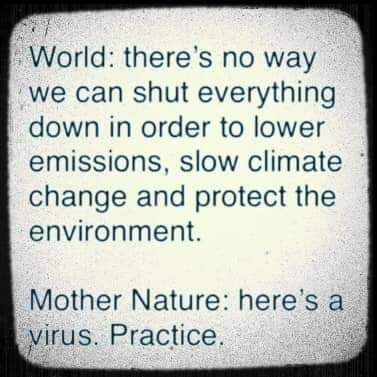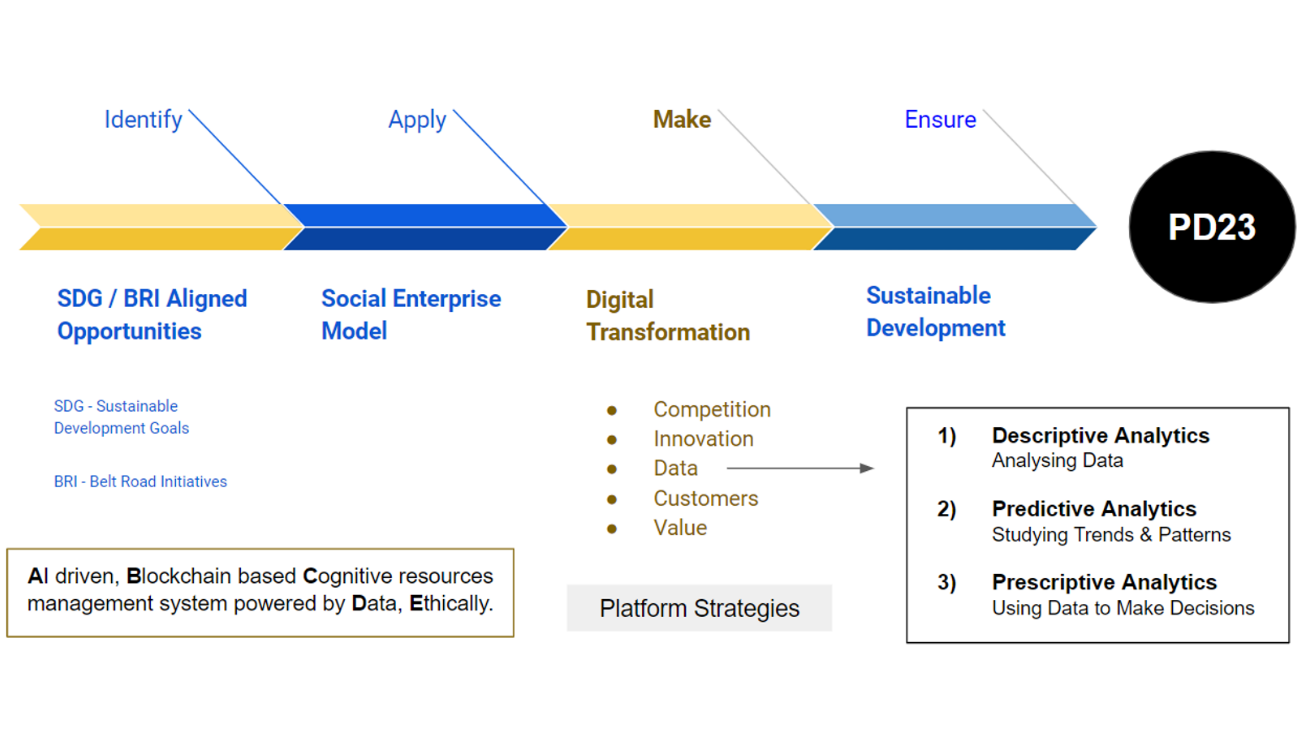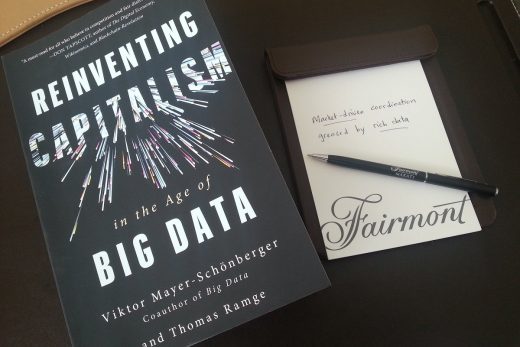In school, you’re taught a lesson and then given a test. In life, you’re given a test that teaches you a lesson.
Tom Bodett

Did we change our lives when scientists told us that we only have 10 years left or we will face consequences much bigger than our ability to cope? We did not.
It is only when we are directly face by a disaster, it is only when we feel as if we are about to die that we are able to take extreme measures and change the way we live our lives.
For instance, the Covid-19 pandemic had shown people the practicality of digital learning and work from home, in a way to reduce carbon emission while still being productive and be able to get things done.
The job you were told couldn’t be done remotely can be done remotely.
as tweeted Marcus Gray LaPorte
The virus is relentless. It doesn’t matter what race we are, what regime, which camp.
When it appears, it is the enemy of all humanity.
There is a lesson to learn from this pandemic outbreak.
That we are capable of taking extreme steps to save lives. We are still capable of reversing our environmental mistakes.
How can these be done?
- We need a serious fix to our capitalism system that goes only after maximum profit.
- We need a contingency plan to fight any possible future bio-war.
Coronavirus: What Has It Revealed? | Russell Brand
There had never been problem with the resources, the problems lie within distribution.
1) The acknowledgement of a problem
2) The belief that a problem can be solve.
3) The problem can’t be solved individually but perhaps can be collectively.
4) We need to really understand it inventory to share information and trust experts in individual fields not just in medicine and immunology, but also sociological, behavioral etc.
The next outbreak? We’re not ready | Bill Gates
We can build a really good response system. … we can have tools, but those tools need to be put into an overall global health system. And we need preparedness.
Bill Gates
What are the key pieces?
1) Strengthen Health Systems
That’s where mothers can give birth safely, kids can get all their vaccines. But, also where we’ll see the outbreak very early on.
2) Create a medical corps
We need a medical reserve corps: lots of people who’ve got the training and background who are ready to go, with the expertise.
3) Pair medical & military
And then we need to pair those medical people with the military. taking advantage of the military’s ability to move fast, do logistics and secure areas.
4) Run germ games
We need to do simulations, germ games, not war games, so that we see where the holes are. The last time a germ game was done in the United States was back in 2001, and it didn’t go so well. So far the score is germs: 1, people: 0.
5) Step up research & development
Finally, we need lots of advanced R&D in areas of vaccines and diagnostics. There are some big breakthroughs, like the Adeno-associated virus, that could work very, very quickly.
For full transcript of Bill Gates TED speech, click here.
Social Distancing & Flattening The Curve
The Good side of Covid-19 and WHAT WE CAN LEARN from it by Project Nightfall
Posted on Facebook, 23rd March 2020


Image by Arek Socha from Pixabay



